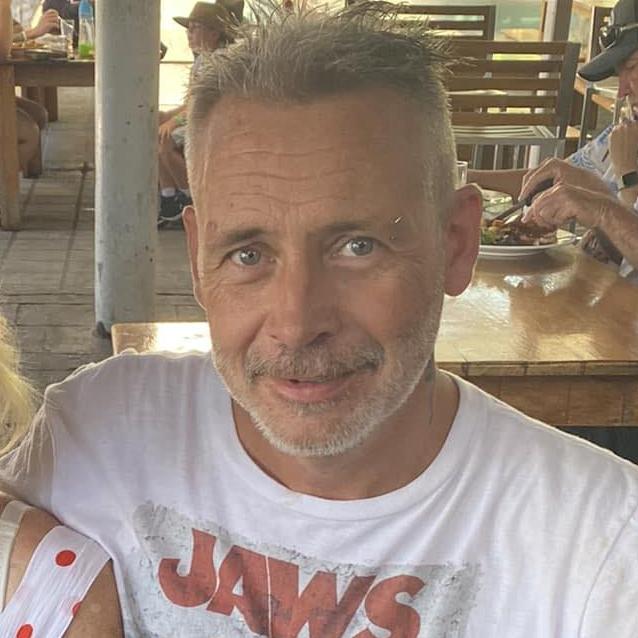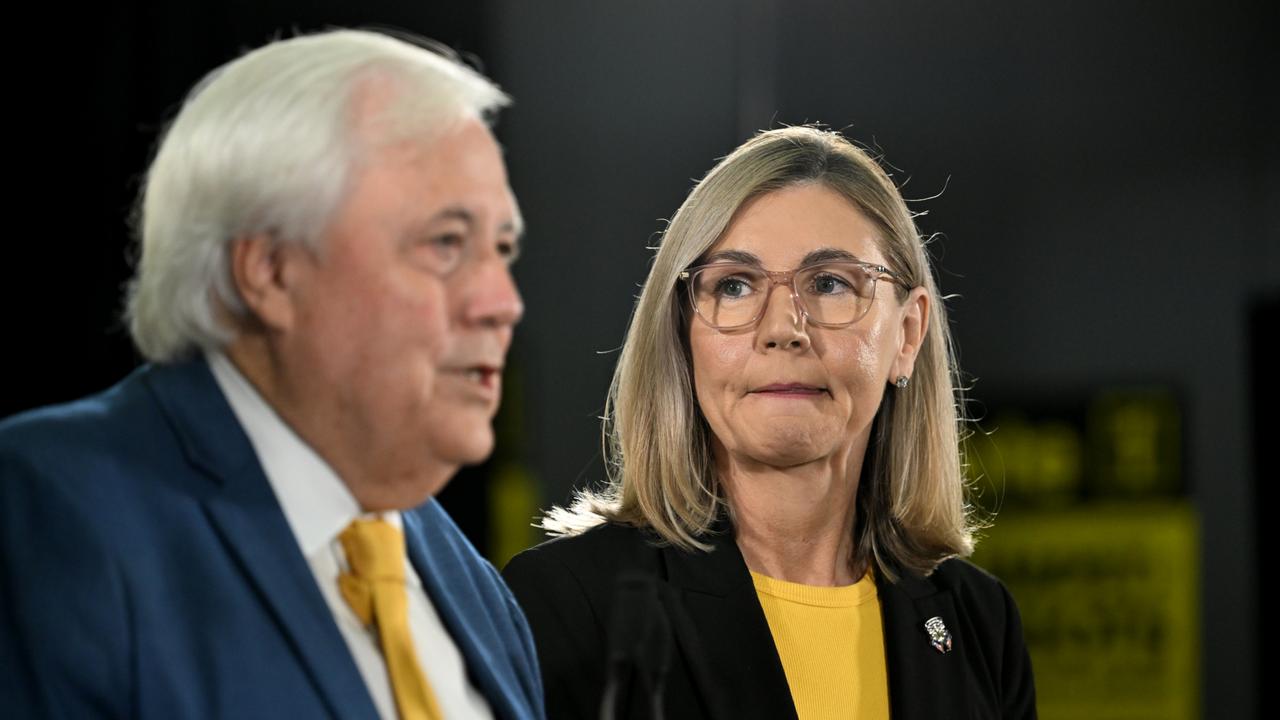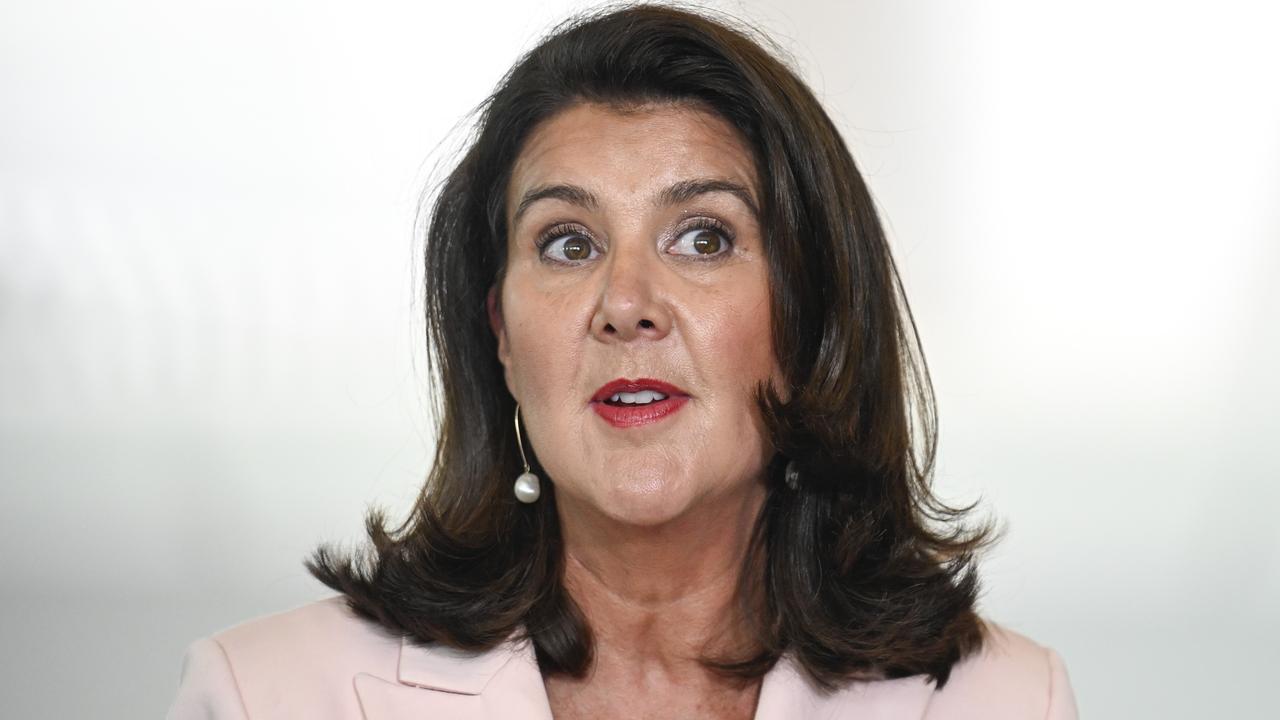Editorial: Police on the frontline of mental health crisis
Policing has always been a tough job, but as the inquest into the Westfield Bondi massacre is showing, it has never been tougher, writes the editor.

Opinion
Don't miss out on the headlines from Opinion. Followed categories will be added to My News.
Policing has always been a tough job, but as the inquest into the Westfield Bondi massacre is showing, it has never been tougher.
Queenslander Joel Cauchi stabbed six people to death, and injured 12 others, at the Sydney shopping centre in April 2024, his rampage only coming to an end when he was shot dead by NSW Police Inspector Amy Scott.
While the inquest into the tragic incident has quite rightly praised Insp Scott’s heroism, there have also been some uncomfortable questions for Queensland police officers, who had interacted with Cauchi a year before the massacre but did not have the legal backing to take any action regarding placing him in care.
While we expect our officers to be on the front line in the war on crime, they are increasingly also at the coalface of the mental health crisis.
We are seeing examples of tragedies where early police intervention may have changed the outcome, but the lack of resources or coercive legal powers meant that they did not.
We have also seen a spate of “suicides by cop” where police have been forced to shoot mentally ill people who threaten them with weapons. One of the most tragic examples was the death of Townsville war veteran Steven Angus, who was shot by police at his home in April 2023. It later emerged that police had been called to the 52-year-old’s house the previous day, and after a stand-off he had surrendered and had been taken to hospital with the expectation he would get mental health care.
Mr Angus was released without police being told. At the inquest into his death, which will conclude later this year, deputy coroner Stephanie Gallagher said she was concerned that police had been tasked with responding to what was clearly a mental health issue.

While police are trained in de-escalating mental health episodes, many people they encounter, like Mr Angus, seem to become provoked just from the presence of someone wearing a police uniform.
“It seems that the only way for there to have been a different outcome, was if police did not attend,” she said. It will be interesting to see the deputy coroner’s recommendations when she hands them down later this year.
Just a month after Mr Angus’s death there was an eerily similar tragedy. Christopher Williams, 29, was fatally shot at Grange after lunging at police with knives and a pitchfork, just hours after he was released from Royal Brisbane Hospital in the wake of a mental health incident.
In 2014 Troy Foster, 32, was shot and killed by police after he charged at them while armed with a knife in the driveway of his family’s Gold Coast home. Only hours earlier, he had driven his car into a tree. He had been taken to hospital for a mental health assessment but had discharged himself.
Mr Foster’s death was one of five police shootings that occurred between August 2013 and November 2014 that were examined by State Coroner Terry Ryan. One of his recommendations was that the hours of operation for mental health clinicians embedded within the Brisbane Communications Centre should be extended to 24 hours a day, seven days a week.
However, while QPS mental health officers are on call, they are too overwhelmed to respond to every request, as we have seen in the Bondi Junction inquest.
Earlier this week the inquest heard how a senior constable was acting as the only mental health officer for a district of 220,000 people when he was contacted by another officer with concerns following a visit to the Cauchi home in January 2023.
Although he received the email, he did not follow it up. He is said to be shattered at what happened next.
This inquest needs to be a turning point in the way police handle mental health issues. And for a start, our cops need the resources and tools to do their jobs.
Lifeline: 131114
GOUT THE G.O.A.T.
Australia, we have the real deal in sprint sensation Gout Gout – and we saw why on Tuesday night in his first live television interview.
In that interview, on The Back Page on Fox Sports, Gout could not have been more relaxed and comfortable – answering the questions like someone a decade older, and even being confident enough to perform the “Griddy” dance in the studio when asked.
The Courier-Mail’s chief sports writer Robert Craddock has seen his fair share of superstars up close – and as he shares in the sports pages of our paper today, Gout reminds him of the “Elvis is in the room factor” that Shane Warne and Roger Federer both exuded.
“Big names pass through Fox Sports every day without being asked for selfies yet Gout …smiled his way through about 20 of them,” Craddock writes. “We say the definition of true star power on The Back Page is when the panel is more nervous than the guest and Gout Gout … seemed the most chilled person in the room.”
Obviously his performances on the track will be what determines his legend. But strap yourselves in – this is going to be quite a ride.
Responsibility for election comment is taken by Chris Jones, corner of Mayne Rd & Campbell St, Bowen Hills, Qld 4006. Printed and published by NEWSQUEENSLAND (ACN 009 661 778). Contact details here


